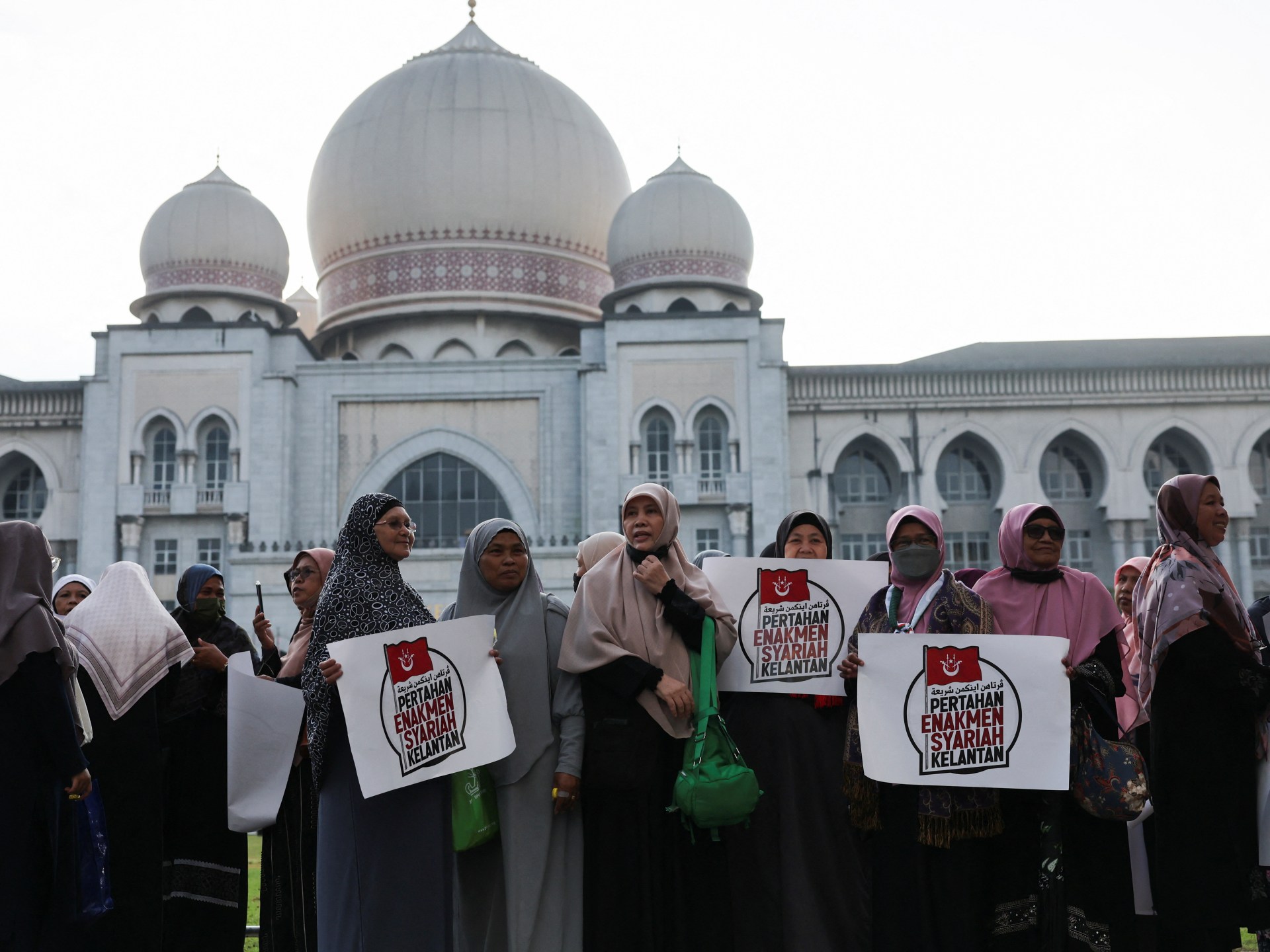When she was nine years old, Virginia McCaskey attended the first NFL playoff game, at Chicago Stadium in December 1932. The Chicago Bears, coached by her father, George “Papa Bear” Halas – the team’s founder and owner — beat the Spartans of Portsmouth, Ohio, by a score of 9-0 to become the then 12-year-old league’s champions.
Moved indoors because of a blizzard, the game, a precursor to the annual championship now known as the Super Bowl, was played in front of about 11,000 people on a 60-yard field using dirt and manure left over from a traveling circus. One punt hit the stadium’s organist. Two years later, a radio station owner paid $7,952.08 (about $180,000 in today’s dollars) to buy the Spartans and move them to Detroit, where they now play as the Lions.
Now, the 101-year-old McCaskey owns the Bears. Before his death in 1983, her dad came up with a plan to pass the team to McCaskey, his only living child, without saddling her with a heavy tax burden. Halas divided the 49.35% of the Bears he owned into equal shares for his 13 grandchildren using a set of trusts. Voting power over those shares went to McCaskey, who already owned close to 20% of the team. McCaskey has since raised 11 children, with 21 grandchildren, 35 great-grandchildren and four great-great-grandchildren.
The Bears are part of a towering US media colossus. The National Football League was responsible for 93 of the 100 most-watched TV broadcasts last year, and brought in nearly $20 billion in revenue. McCaskey’s team alone is worth $6 billion, according to the latest estimates by sports-business media outlet Sportico, and across the league average franchise valuations rose 69% between 2020 and 2023.
That growth has helped make NFL team owners rich. But it has also created succession-planning challenges in a league that venerates family and tradition — and could force the doors open for investors driven by financial imperatives.
In September, the NFL formed a special committee of five owners to consider ending a block on private-equity funds. The US’s other top sports leagues have already lowered the gates for such investors, but the country’s most popular one has remained a holdout.
Clark Hunt, a part owner and chairman of the Kansas City Chiefs — who will face the San Francisco 49ers in Super Bowl LVIII in Las Vegas on Sunday — said in an interview that the league has been watching as other sports dip their toes into private equity.
“I do think it is an avenue that can be helpful from a capital standpoint,” said Hunt, who is also chairman of the NFL’s finance committee, a member of the panel looking into the private-equity rules and a son of Chiefs founder Lamar Hunt.
Clearing a path for private equity is likely to result in a series of deals in short order, with six to eight teams potentially selling minority stakes within a year, according to an executive for one NFL team who declined to be identified because they aren’t authorized to speak publicly on the matter.
Approval of the private equity plan is expected to come at the league’s annual meeting next month, according to people familiar with the process.
The NFL declined to comment for this article.
For most of its more than 100-year history, the NFL has operated as a closely knit collective of family businesses — and has taken steps to try to keep it that way. Under Commissioner Roger Goodell, who has held his post since 2006, the NFL has repeatedly adjusted its rules to make it easier to pass teams across generations, as average team values climbed to around $5 billion.
“He appreciates the continuity, the history, the skin in the game that the family ownerships provide,” said Marc Ganis, president of the consulting firm Sportscorp Ltd. and confidant to many NFL owners. “You’re making decisions for a much longer horizon if you’re thinking of a team staying in the family with your children.”
Yet the NFL’s prosperity has made maintaining such cohesion a costlier and more complicated proposition, as an aging cohort of owners aims to keep their families in control and avoid exposing heirs to hundreds of millions in tax liabilities.
“In our experience, sports team owners rarely if ever sell their teams unless they are forced to for external reasons — which is happening with a few NFL franchises at the moment,” said Andrew Kline, a former St. Louis Rams offensive lineman and now investment banker at Park Lane.
The US taxes inherited assets after an individual exemption of $13.6 million at a rate of 40%, with an additional 40% levy on assets passed to grandchildren. The exemption is expected to be cut nearly in half in 2026, when changes passed in 2017 under President Donald Trump are scheduled to lapse.
The average age of the league’s 32 principal owners is 72. Seven are 80 or older. Eight teams are still owned by their founding families. Under NFL rules, those families must hold at least 30% of a franchise, led by a single controlling owner. For many of the league’s oldest families, whose wealth is mostly tied up in their teams, a large tax bill could leave them with little choice but to sell.
“When teams were worth $300 million, that was one thing,” said Ganis. “When they are worth $7 or $8 billion, that may be a different story.”
Over the past decade, the NFL has approved four record-breaking franchise sales. In 2014, fracking billionaire Terry Pegula and his wife, Kim, bought the Buffalo Bills from the estate of founding owner Ralph Wilson for a then-record $1.4 billion. That deal was followed four years later by the sale of the Carolina Panthers to hedge fund billionaire David Tepper for $2.3 billion.
Walmart Inc. heir Rob Walton led a group that in 2022 bought the Denver Broncos for $4.65 billion after its controlling Bowlen family couldn’t agree on a succession plan. And last year, private equity billionaire Josh Harris led a group of more than 15 partners who paid over $6 billion for the Washington Commanders.
Meanwhile, other investors have expressed interest in taking a smaller slice of a team. Clearlake Capital co-founders Behdad Eghbali and Jose Feliciano were said last year to be weighing a bid for a stake in the Los Angeles Chargers.
Some longstanding owners have been unnerved by the influx of new money.
“There’s old owners who want to stay and are very concerned with franchise values getting out of control,” said Frank Hawkins, a former NFL executive who runs a consulting firm, “and others who are very interested in maximizing their value.”
Other top US leagues have dealt with surging franchise values, which have put buying even part of a team out of reach for all but the ultra-rich, by letting in institutional investors. Specialized private equity firms have set up funds to buy passive stakes in franchises in the National Basketball Association, Major League Baseball and the National Hockey League.
For the NFL, allowing in such vehicles would help teams raise capital and give minority partners a way to cash out.
“To give an example the cost of building and renovating stadiums continues to rise at a very fast rate,” said Hunt, the Chiefs owner, “and having the ability to access outside capital to help facilitate projects like that would be beneficial.”
Allowing more outside investors would shift the character of the league. Traditionally, limited partners have been friends of ownership, former players, local celebrities and others who see the investment as more than an alternative asset class for their portfolio. Private equity investors would add to the pressure to push revenues higher — and for teams to change hands at ever-higher prices.
For decades, the NFL required that a single person own at least 51% of each team. That was cut to 30% in 1985, after H.R. “Bum” Bright led a group that bought the Dallas Cowboys for $85 million. The NFL limits ownership groups to no more than 25 people.
Over the past 20 years, the league steadily pared the 30% requirement for principal owners who’ve held their teams at least ten years and keep at least 30% in their family to 1% by 2022. That has allowed owners to pass their teams to family members while they are still living and lower estate tax bills.
“If an owner still wants control, but wants to do some planning, they may transfer some interest into an irrevocable trust, via a partnership or an LLC,” said Caroline McKay, a senior wealth strategist with CIBC Private Wealth. This reduces the size of the estate and helps lower the value of the underlying asset, since minority stakes tend to sell at a discount to controlling shares.
Life insurance policies can also allow owners to essentially prepay estate taxes for their heirs, but premiums can be onerous. In some cases, heirs may be able to take advantage of a carve-out that spreads payment of taxes on closely held, illiquid assets over 14 years.
No amount of planning can change the fact that families sometimes squabble, even as league rules demand unity. The NFL mandates that a single person represent each team to vote on significant league decisions including expansion, collective-bargaining agreements with players and rule changes.
“It’s especially challenging because of the high value of these teams and the fact that you can’t just do what you want,” said Leslie Klinger, a partner at Kopple, Klinger & Elbaz, a California law firm that specializes in estate planning. “You’ve got to follow the league rules.”
While the NFL has been flexible with teams confronting estate issues, there have been conflicts. In 2015, the league clashed with the Tennessee Titans over a plan created by founder Bud Adams that, according to reporting by Sports Illustrated, required his three children to reach consensus on major decisions surrounding the team.
The Titans declined to comment on whether this arrangement still stands.
When Virginia McCaskey dies, the Bears will have to redistribute her 20% stake and her voting power. Her surviving children will likely each get a stake worth hundreds of millions.
Every NFL team is required to have a succession plan on file with the league and affirm or amend it each year. The Bears’ plan, according to Ganis, would place the team under the control of Virginia’s eighth-oldest child, George H. McCaskey, who currently serves as chairman.
“I believe that is the plan,” said Ganis. “As with all things like this, you don’t really know until it happens.”
Some family members are keen to sell, according to people familiar with the matter. The family are considering options including offloading a minority stake to cover taxes or selling the team entirely, the people said.
The Bears declined to comment.
In 1990, Aon founder and insurance industry billionaire Patrick Ryan, who is 86, and a since-deceased partner bought roughly 20% of the Bears after two of the 13 Halas grandchildren — the only two who are not children of Virginia McCaskey — decided to sell. Ryan, according to Hawkins, is a likely buyer if any of the McCaskey children sell. With a net worth of $8.3 billion, according to the Bloomberg Billionaires Index, he’s also a likely candidate to acquire the team if it leaves the family.
A spokesperson for Ryan said in an email that he never discusses board issues involving the Bears.
Another team facing potential succession hurdles is the Seattle Seahawks.
After the death of longtime owner and Microsoft co-founder Paul Allen in 2018, control passed to Jody Allen, Paul’s sister and the executor of his estate. The family trust also owns the NBA’s Portland Trail Blazers. Paul’s wishes stipulated that both teams should be sold at some point.
Jody, 65, is reluctant to sell the teams and has enjoyed being an NFL owner, hampering any potential sale despite a number of possible bidders, according to two people who have spoken with the Allen estate. A spokesperson for the estate said there is no current sales process or timeline set but Paul’s wish for the team to be sold will be honored.
Amazon.com Inc. founder Jeff Bezos last year weighed buying either the Seahawks or the Washington Commanders as part of a process led by investment bank Allen & Co., according to two people familiar with the matter. Bezos has since moved to Florida, making a Seahawks bid seem unlikely.
A spokesperson for Bezos declined to comment.
Gayle Benson, owner of the NFL’s New Orleans Saints and NBA’s New Orleans Pelicans, has said both teams will be sold when she dies, with the proceeds going to local charities. A number of fellow owners and advisers said Benson, 77, would consider a stake sale.
A spokesperson for the Saints and Benson said she hasn’t discussed selling a minority stake in the team, and declined to provide any further comment.
The one longstanding exception to the NFL’s ownership rules is the Green Bay Packers, who’ve been run by a publicly owned nonprofit corporation for over a century. The Packers ownership, which has more than 500,000 shareholders, was grandfathered in when the league codified its current rules.
The team’s annual financial reports provide a glimpse into the state of the league. Last year, the Packers brought in more than $610 million in revenue, up 5% from the previous fiscal year. Nearly $375 million came from a 1/32nd share in national TV deals and other league-wide revenue.
By the standards of sports leagues around the world, NFL teams come with remarkable stability. As opposed to European football, where wage bills are effectively unlimited and spiraling upwards, labor costs are tightly controlled through a collective bargaining agreement that extends to 2030. Teams enjoy both regional monopolies and an equal share in increasingly large national TV deals.
The Super Bowl is the only event on the US calendar that can gather more than 100 million Americans in front of their TVs at the same time — a testament to the league’s enduring mainstream appeal in a fractured media landscape. It all adds up to unrivaled demand from investors.
#NFLs #succession #problem #Tax #liabilities #bad #billionaire #families #theyre #private #equity #hail #mary












